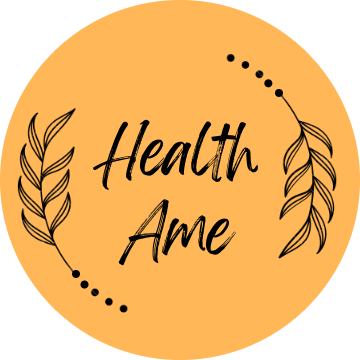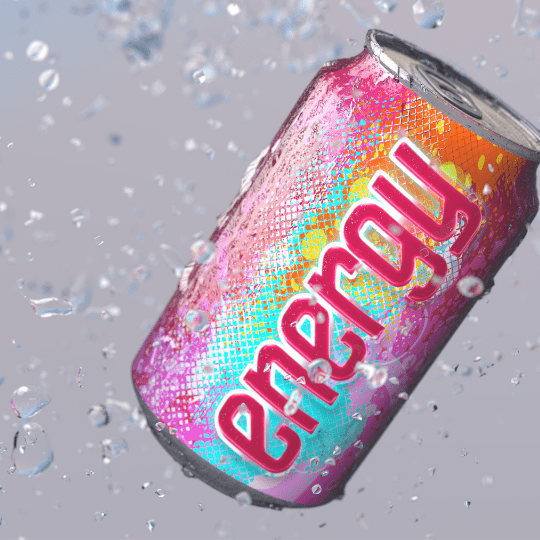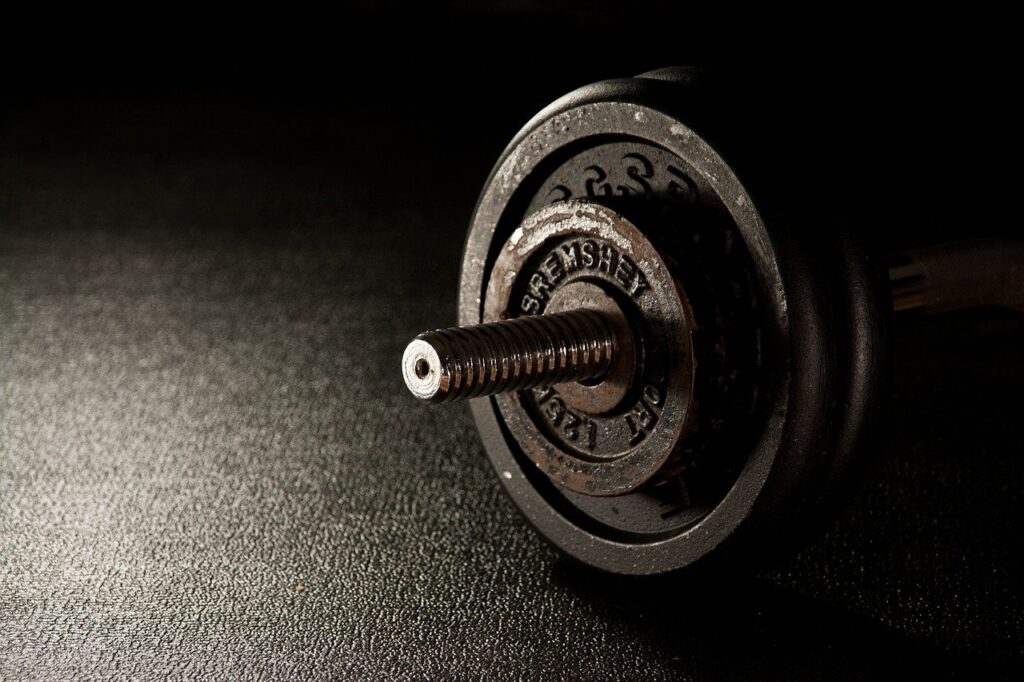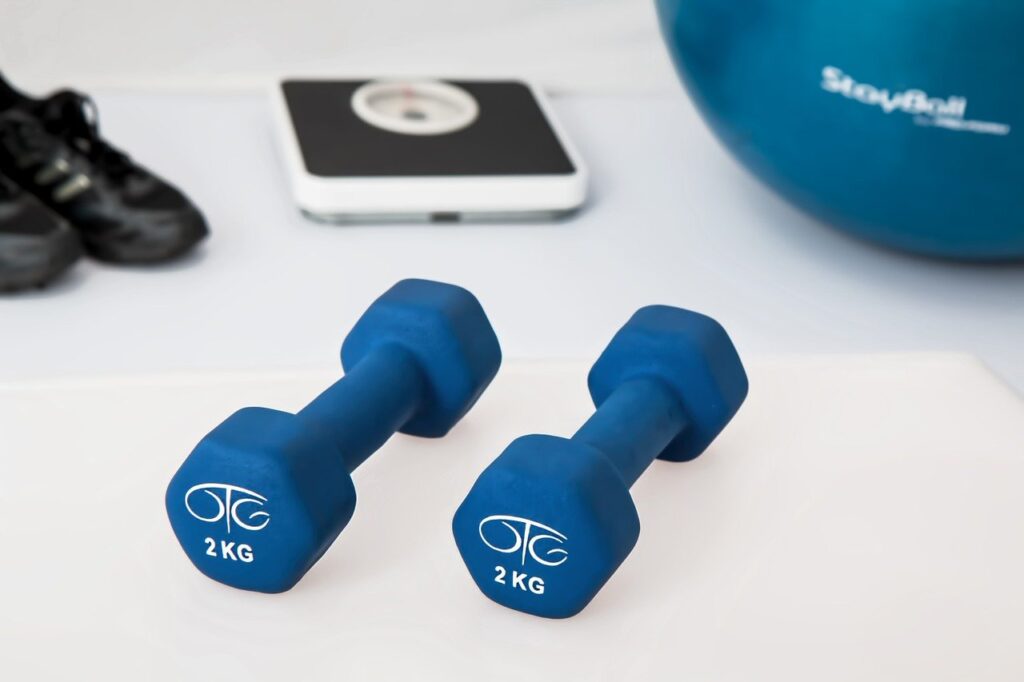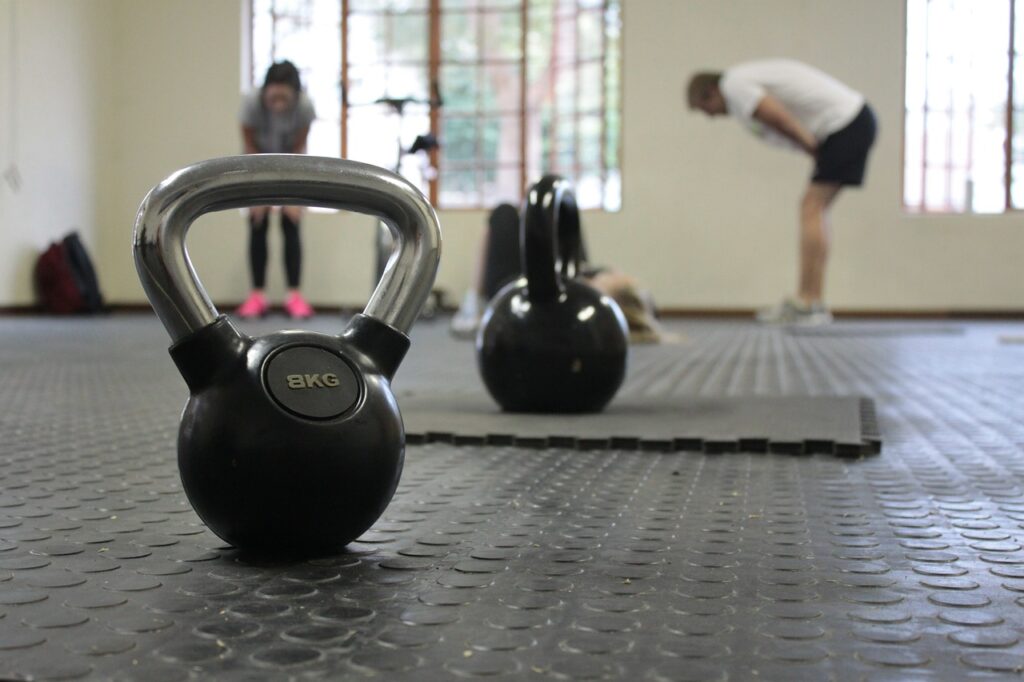What are energy drinks?
As per Wikipedia energy drink is a soft drink containing a high percentage of sugar, caffeine, or another stimulant, typically consumed during or after sporting activity or as a way of overcoming tiredness. But side effects of energy drinks are also significant.
Energy drinks are very popular among youth, and their consumption is increasing day by day. People generally consume these drinks for a burst of energy, whether it’s to help them stay up late to study, or to help them stay awake the next day.
However, recent research suggests that there are risks associated with the over-consumption of energy drinks.
Although people of age 18 to 38 are the biggest consumers of energy drinks, almost one-third of teenagers between 12-17 use them on a regular basis.
Studies suggest worrisome links between energy drinks and a variety of health problems, particularly heart troubles — in young people.
What are the concerns about energy drinks
The high amount of caffeine
Most energy drinks contain a high amount of caffeine which can have adverse effects on health.
For details on caffeine, you can check out the article on caffeine and its effects.
Sugar

Energy drinks usually contain sugars, which add to the calories. This could lead to weight gain.
Withdrawal effect
When our body gets used to a high amount of caffeine and then we stop using it, we can get symptoms including headaches, feeling tired, having trouble concentrating, and feeling grumpy.
Sleep

Insomnia affects as Consuming caffeine 3 and even 6 hours before bedtime can significantly disrupt sleep.[Research]
Mixing energy drinks with Alcohol
When alcohol is mixed with caffeine, the caffeine can mask the depressant effects of alcohol, making drinkers feel more alert than they would otherwise.
As a result, they may drink more alcohol and become more impaired than they realize, increasing the risk of alcohol-attributable harm.
Caffeine has no effect on the metabolism of alcohol by the liver and thus does not reduce breath or blood alcohol concentrations (it does not “sober you up”) or reduce impairment due to alcohol consumption.
Let’s see at the generic ingredients of health drinks and their individual effects
Caffeine
You can also read our article on caffeine for more information.
Caffeine is the most common ingredient in energy drinks.
The maximum recommended dosage for caffeine is 400mg per day.
If taken in higher dose caffeine can have below side effects
Increased blood pressure
Heart palpitations
diarrhea
Dizziness, irritability, nausea, nervousness, jitters.
Allergic reactions can include: rash, hives, itch
Sugar
Most energy drinks are high in sugar in the form of high fructose corn syrup and/or cane sugar. Some use creative names to make their version of sugar seem healthier, like “natural cane juice” or they’ll call it “glucose.”
No matter what it is called, high sugar drinks can lead to:
Obesity
Tooth decay
A spike in blood sugar and insulin, which later results in a “crash-like” feeling
L-Carnitine / L-Theanine
L-Carnitine is an amino acid, and consuming too much can cause vomiting, nausea, headache, diarrhea, stuffy nose, restlessness, and difficulty sleeping.
So what things should be kept in mind when consuming energy drinks
- Always stick to smaller quantities as limited doses won’t cause much harm. A higher dose can have adverse side effects as mentioned above in this article.
- Don’t use energy drinks as a replacement for water.
- Don’t mix alcohol and energy drinks.
- People suffering from anxiety or high blood pressure should avoid such high caffeine drinks.
Disclaimer: This content including advice provides generic information only. It is in no way a substitute for a qualified medical opinion.
Always consult a specialist or your own doctor for more information.
